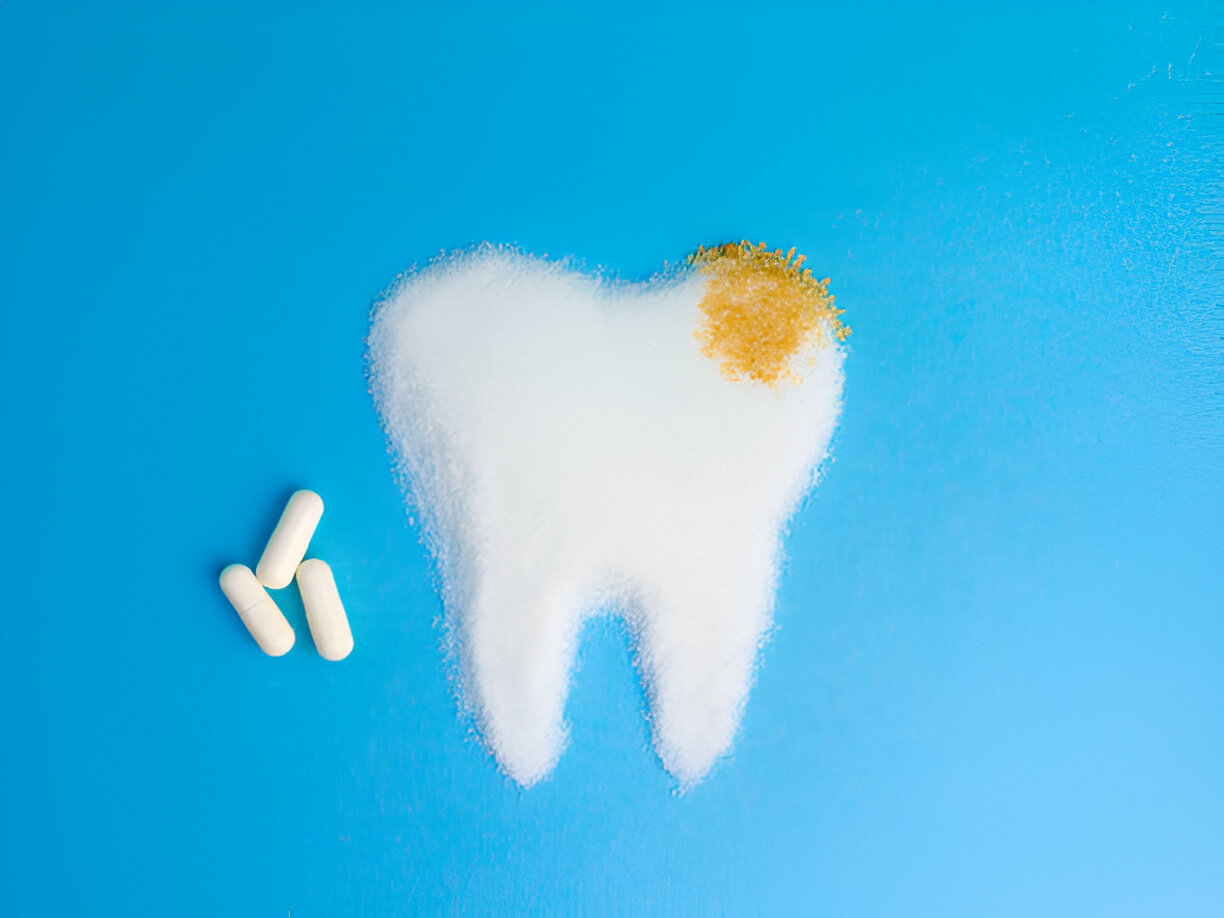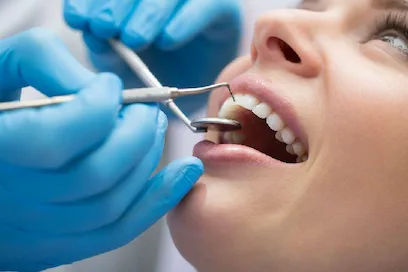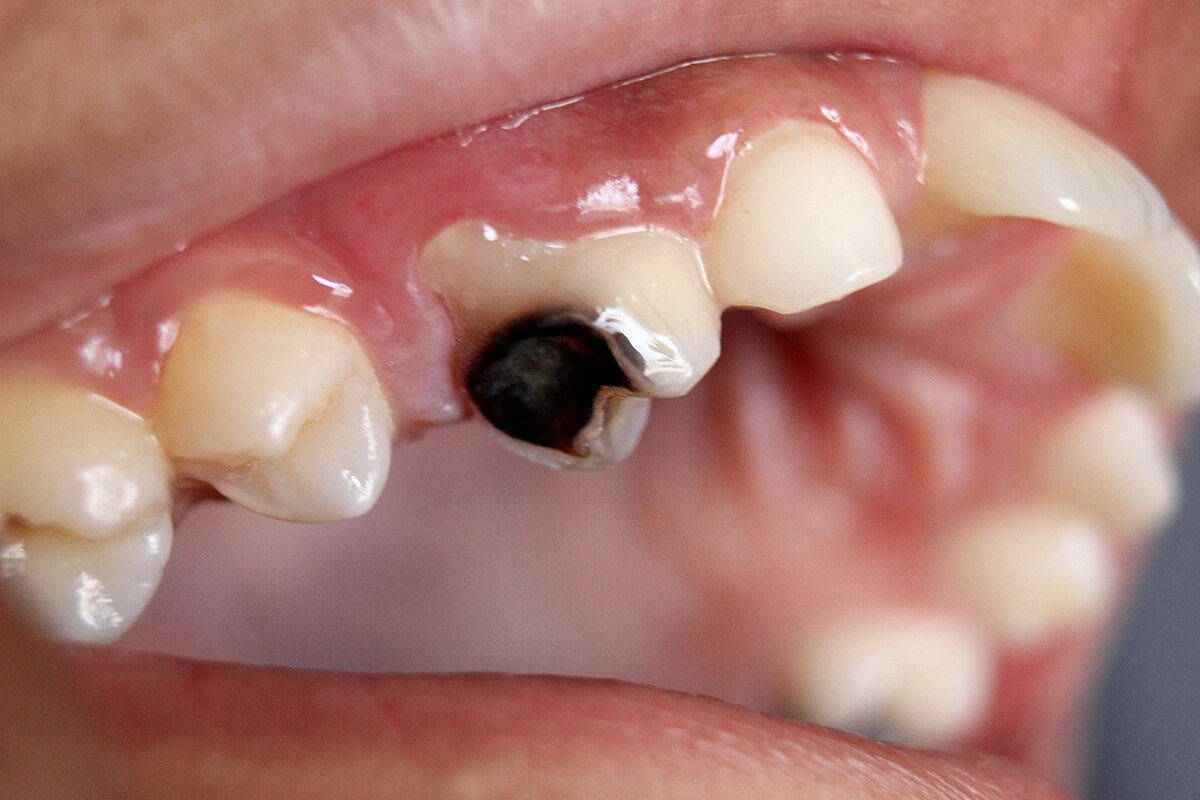How to Support Optimal Gum Health (And Why It Matters)
Your gums play a crucial role in maintaining your oral health, acting as the foundation for your teeth and helping protect against infections. Poor gum health can lead to serious conditions like gum disease, which, if left untreated, can result in tooth loss and contribute to other health issues. So, how can you support optimal gum health and keep your smile looking and feeling its best? In this article, we’ll explore essential tips for maintaining healthy gums and discuss why gum health matters for your overall well-being.
Why Gum Health Matters
Supporting your gum health is essential not just for maintaining a beautiful smile but for overall health. Here’s why your gums are so important:
- Preventing Gum Disease: Gum disease (also known as periodontal disease) can lead to inflammation, bleeding, and infection in the gums. If not treated, it can progress to a more severe form, causing tooth loss and affecting the jawbone.
- Reducing the Risk of Systemic Health Issues: Poor gum health is linked to several systemic health problems, including heart disease, diabetes, and respiratory issues. Gum disease bacteria can enter the bloodstream, potentially contributing to these conditions.
- Foundation for Teeth: Healthy gums help anchor your teeth securely in place, preventing tooth mobility or loss. They also protect the roots of your teeth from decay and infection.
By focusing on your gum health, you’re not only ensuring your mouth stays healthy but also helping prevent future health complications.
Tips to Support Optimal Gum Health
Here are some key habits and practices to support your gum health and prevent issues like gum disease:
1. Brush Your Teeth Twice a Day
Brushing is the first and most important step in maintaining healthy gums. Use a soft-bristled toothbrush and fluoride toothpaste to brush your teeth for two minutes, twice a day. Be sure to gently brush along the gumline to remove plaque, which can build up and irritate the gums, potentially leading to gum disease.
Tip: Avoid aggressive brushing, as it can damage the gums and lead to gum recession over time.
2. Floss Daily
Flossing is vital for removing food particles and plaque from between your teeth and along the gumline, where your toothbrush can’t reach. Flossing regularly prevents plaque buildup, which can lead to gum disease and cavities.
Tip: If traditional floss is difficult to use, try floss picks or water flossers, which can be more convenient and effective.
3. Use Antibacterial Mouthwash
Rinsing with an antibacterial mouthwash can help reduce bacteria in the mouth, prevent plaque buildup, and keep your gums healthy. Look for mouthwashes that contain ingredients like chlorhexidine or essential oils, which are effective at targeting the bacteria that cause gum disease.
Tip: Use mouthwash after brushing and flossing for added protection against plaque and gum inflammation.
4. Maintain a Healthy Diet
Eating a balanced diet rich in vitamins and minerals is essential for supporting your gum health. Vitamin C, for example, plays a significant role in collagen production, which is necessary for gum tissue repair and maintenance. A diet high in fiber can also help clean your teeth naturally and stimulate your gums.
Tip: Incorporate plenty of fresh fruits, vegetables, and whole grains into your diet. Avoid excessive sugary foods, as they can contribute to plaque buildup and gum disease.
5. Don’t Smoke or Use Tobacco Products
Smoking and using tobacco products can significantly increase your risk of developing gum disease. Tobacco weakens the immune system, making it harder for your body to fight off infections, including those in your gums. It also reduces blood flow to the gums, impairing their ability to heal and regenerate.
Tip: If you smoke, consider quitting to improve your gum health and reduce your risk of periodontal disease.
6. Stay Hydrated
Drinking plenty of water throughout the day helps keep your mouth hydrated and promotes the production of saliva. Saliva plays a key role in neutralizing acids and washing away food particles and bacteria from the mouth, helping to protect your gums.
Tip: Carry a water bottle with you to stay hydrated, especially if you’re prone to dry mouth.
7. Regular Dental Checkups
Visiting your dentist regularly for cleanings and checkups is crucial for maintaining healthy gums. Professional cleanings remove plaque and tartar that can’t be removed by brushing and flossing alone. Additionally, your dentist can detect early signs of gum disease and provide treatment to prevent further complications.
Tip: Schedule dental appointments at least every six months or as recommended by your dentist.
8. Manage Stress
Chronic stress can have a negative impact on your oral health, including your gum health. Stress weakens the immune system, making it more difficult for your body to fight infections like gum disease. Stress can also contribute to teeth grinding, which can damage the gums and teeth.
Tip: Practice stress management techniques such as deep breathing, meditation, or regular exercise to help maintain your overall health and reduce your risk of gum problems.
When to See a Dentist for Gum Health
It’s essential to monitor the health of your gums and visit your dentist if you notice any signs of gum disease or other issues. Some common warning signs include:
- Bleeding gums, especially when brushing or flossing
- Swollen, red, or tender gums
- Persistent bad breath (halitosis)
- Receding gums or teeth appearing longer than usual
- Loose or shifting teeth
If you experience any of these symptoms, don’t wait for your next scheduled checkup—seek professional care immediately to address potential gum issues before they progress.
Conclusion
Supporting optimal gum health is crucial not only for maintaining a beautiful smile but also for your overall health. By adopting good oral hygiene habits, maintaining a healthy lifestyle, and visiting your dentist regularly, you can protect your gums and prevent the development of gum disease. Remember, healthy gums are the foundation of a healthy mouth, so take steps today to support their long-term health and well-being!







